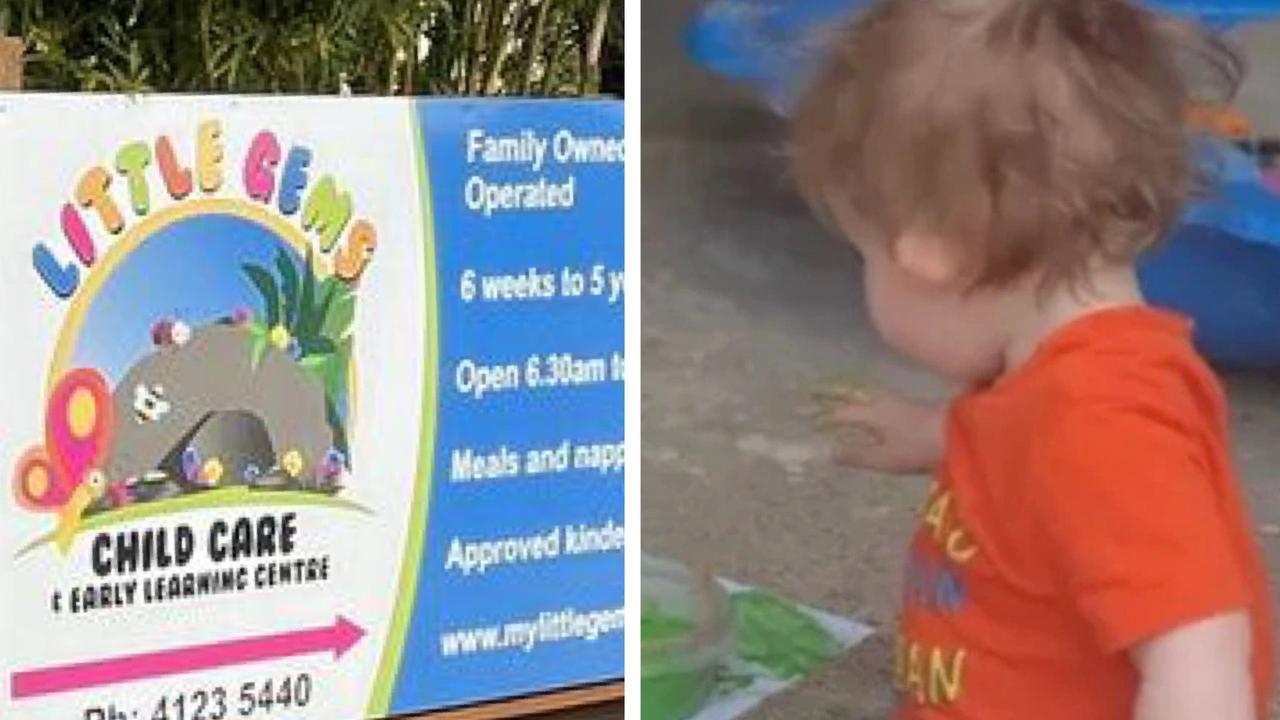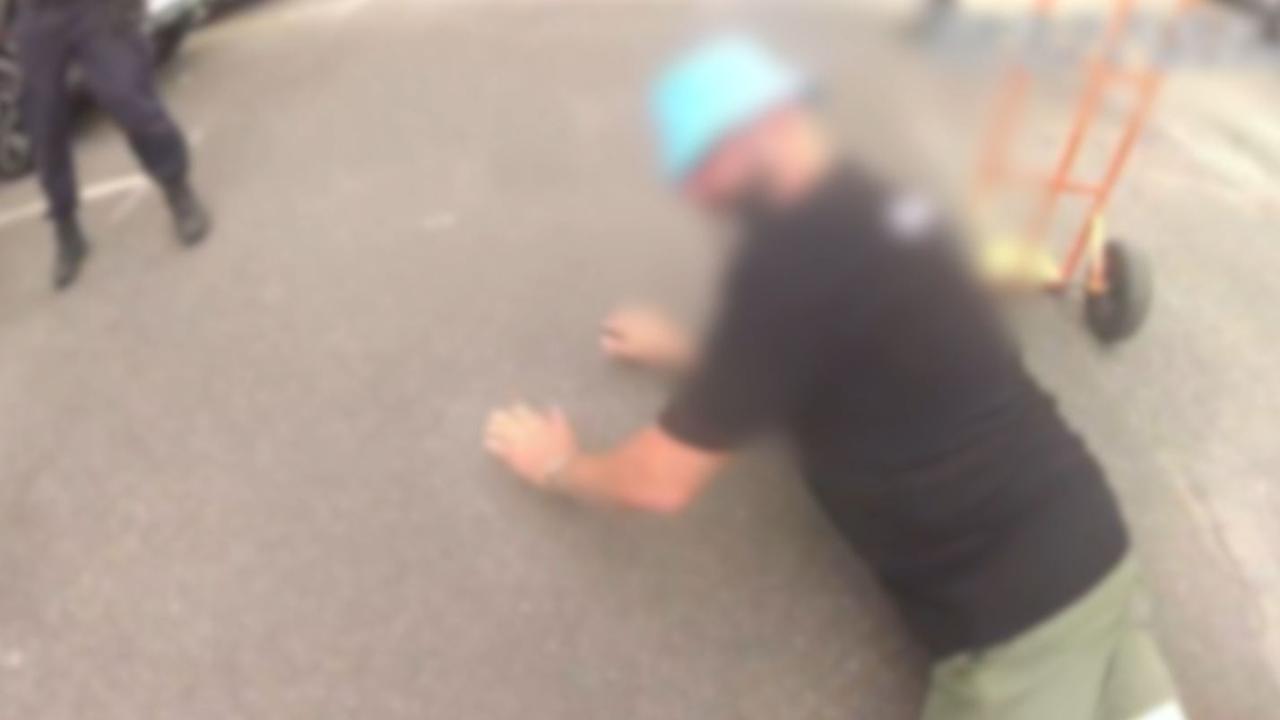Plan to cut number of children in Qld residential care achieves nothing
Queensland’s residential care system has surged beyond 2000 children for the first time as a scathing review finds a plan meant to halve numbers has made nearly no progress in a year.
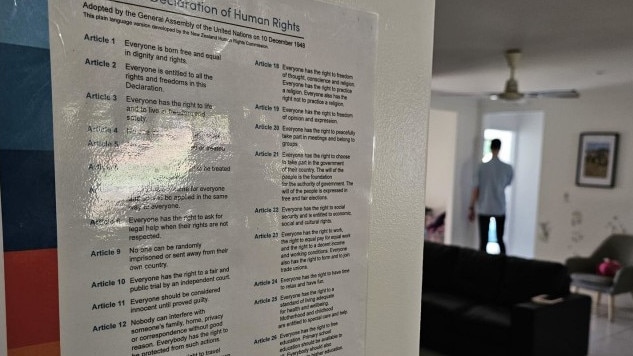
QLD News
Don't miss out on the headlines from QLD News. Followed categories will be added to My News.
Queensland’s overwhelmed residential care system has surged beyond 2000 children for the first time as a scathing review finds a road map meant to halve the population has made nearly no progress in a year.
The Queensland Family and Child Commission has called for the government to ambitiously rewrite the state’s residential care blueprint and do it urgently rather than tinker around the edges.
The former state government, earlier this year, released a five-year residential care road map designed to halve the number of children in the system through piloting new care models and creating a child-friendly complaints process among other initiatives.
But the QFCC, tasked with monitoring progress a year on, found not a single action meant to be done in the first 12 months had been achieved.
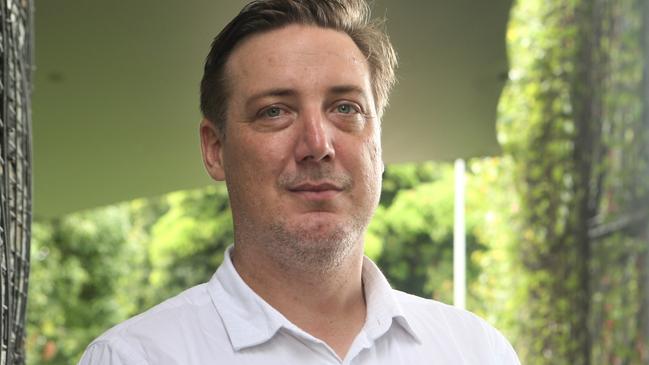
QFCC principal commissioner Luke Twyford found the road map was not bold or broad ranging enough, action had been too slow, and young children had been excluded from the reforms and continued to live in substandard homes.
“If we are serious about effecting meaningful change for these young Queenslanders, we need to stop putting them in houses we wouldn’t choose for our own children,” he said.
Mr Twyford also found there was a culture of fear and defensiveness in the bureaucracy and administration of state care, which had led to a lack of transparency and in turn made reform slow and unsuccessful.
He called on the new government to revisit how the state reforms residential care, including timing, priorities and scope of the worthy portions of the road map, and to do so with urgency.
Queensland has the largest population of children in residential care nationally, with new data revealing the number had surged to 2093 in September this year up from 950 in 2019.
No other jurisdiction is experiencing this level of growth. One in three children in resi-care are under the age of 12. A total of 46 are younger than four years.
Child Safety Minister Amanda Camm said the new government had committed to a comprehensive child protection plan and the top priority would be reforming the residential care system.
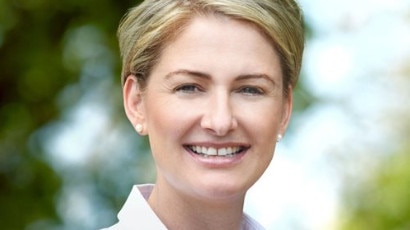
“The top priority is reforming the residential care system to ensure our most vulnerable children are at the centre of this discussion and the workforce we need to support our children is developed,” she said.
Mr Twyford spoke with more than 90 children living in residential care across Queensland in the last six months and found young people overwhelming felt disempowered, devalued, treated like prisoners and unheard.
Children in residential care revealed they had no say in where they lived, what they eat, where they go to school, who they live with, what belonging they get to keep, the clothes they own, medications to take, or who enters their room.
“Three of those young people I most recently met were under the age of five and being raised by shift workers,” Mr Twyford said.
“That’s not acceptable, that should not be happening in Queensland.
“So we have to be bold and we have to be ambitious, the current system is not right”.
Originally published as Plan to cut number of children in Qld residential care achieves nothing


